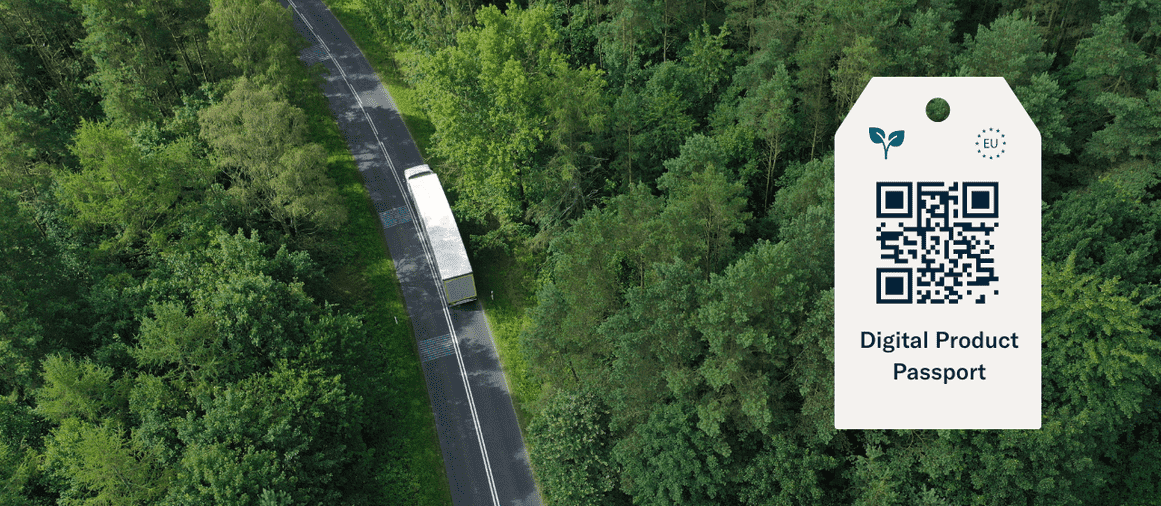
2024 年 07 月 25 日
What You Need to Know About the New Digital Product Passport Under the EU Ecodesign Act
Tags:

Fexport 飞协博编辑团队
There are proposed changes to trading standard requirements for certain products under the new EU Ecodesign for Sustainable Products Regulation (ESPR) Act.
Why is this coming into effect?
The products covered by the act are commonly associated with high-pollutant production practices. The act looks to create transparency and visibility around the environmental sustainability of a product for consumers or anyone interested in this information. The new requirements are intended to allow for more openness towards the sustainability profile of the goods, leading to more trust and the ability to make more informed choices as a consumer through the proposed “Digital Passport” requirements.

Link for the above: Ecodesign for Sustainable Products Regulation (ESPR) Act
What is the New Digital Product Passport?
The new “Digital Product Passport” will provide information about products’ environmental sustainability. This information will be easily accessible by scanning a QR code and it will include attributes such as durability and reparability, the recycled content or the availability of spare parts of a product. It should help consumers and businesses make informed choices when purchasing products, facilitate repairs and recycling, and improve transparency about a product’s life cycle impacts on the environment. The product passport should also enable public authorities to perform better risk based checks and controls with the data required for the DPP.
Products in scope
The legislation will apply to most products, excluding food, feed, medicinal products, and living organisms. The commission plans to introduce this in stages, whilst prioritising products with the highest environmental impact and thereafter the majority of products on the internal market with the exclusions mentioned above.
High-impact products in scope as of December 2023
- Textiles (notably garments and footwear)
- Furniture
- Chemicals
- Batteries
- Consumer electronics
- Electronic devices
- Construction products
Legislation & Timeline
Ecodesign for Sustainable Products Regulation (ESPR) is based on, and will ultimately replace, the current Ecodesign Directive 2009/125/EC. Until the latter happens, Directive 2009/125/EC will continue to operate.
The new eco-design legislation has entered into force as of 18th July, 2024 and will look to have a phased approach thereafter.
As a business, you need to assess the impact of having the data ready for the digital passport and a practical solution on how you will barcode, display, and manage this new requirement going forward.
ESPR Legislation and updated timeline can be found using this link.
About the Author

Fexport 飞协博编辑团队


